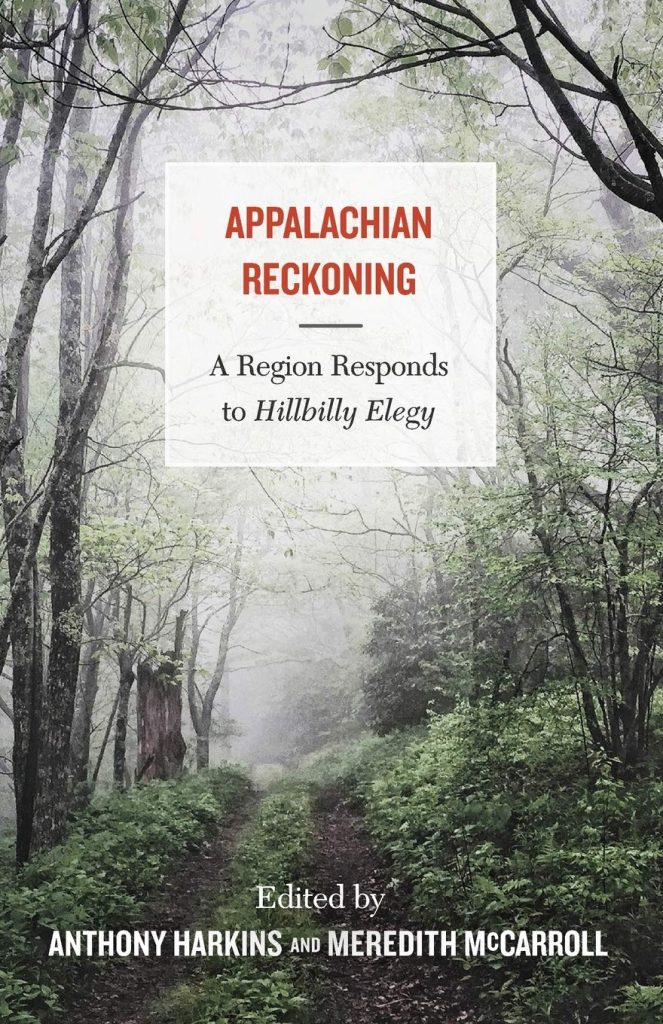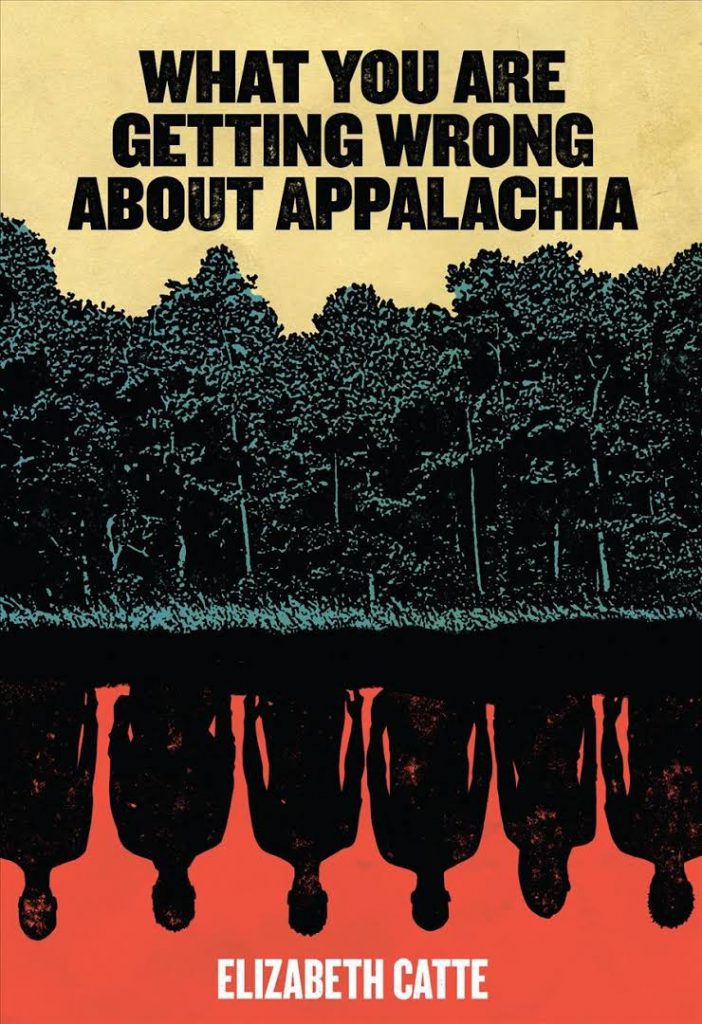In 2016, J. D. Vance published a memoir entitled Hillbilly Elegy: A Memoir of a Family and Culture in Crisis about coming of age in Middletown, Ohio and time spent with his Kentuckian kin. In it, he addresses his family’s issues with poverty and history of substance abuse. Vance uses personal experiences and observations to argue that so-called “hillbilly culture” is at the root of Appalachia’s endemic problems of poverty and addiction. Vance himself was able to escape the cycle of poverty and addiction by joining the Marines and attending Yale Law School. Vance credits hard work and traditional values for his success, which he and many reviewers see as proof that the “American Dream” could still be achieved. The memoir spent over 20 weeks on The New York Times bestseller lists and received accolades from both sides of the political aisle despite Vance’s own conservative leanings. The book has become so popular that it’s been adapted into a film directed by Ron Howard that is set to be released in theatres and on Netflix later this month.

The memoir, however, was not without its critics. Many both in and outside of Appalachia took umbrage with Vance’s claims; chief among them were his claims regarding the rampant poverty and substance abuse in the region. Another issue of contention was his and others’ coverage of the 2016 election, during which Appalachia was dubbed “Trump country” and became an area of journalistic interest. All these claims played into the overarching, ever-present narrative of Appalachia as “other,” a sort of third-world country all its own existing within American soil. J. D. Vance was dubbed a “Trump whisperer” and quintessential authority for the region; Appalachian writers, scholars and historians were not consulted.
To try and rectify this, two responses emerged in the wake of Hillbilly Elegy: Appalachian Reckoning and What You Are Getting Wrong About Appalachia. The first is an anthology edited by Meredith McCarroll and Anthony Harkins that collects essays, poems, and photographs from Appalachian contributors; most of the authors challenge various claims made by Vance, some tell their own stories, and a few even defend or contextualize Hillbilly Elegy. The second is a slim volume by writer and historian Elizabeth Catte, which despite its diminutive size packs a wallop. Both were borne out of a need to respond to Hillbilly Elegy, but they also tackle issues that have plagued the region long before Vance came on the scene.
In Appalachian Reckoning, the editors open by providing context for the anthology and note that there is a “long Appalachian tradition of speaking up and talking back.” Appalachian Reckoning’s answer to Hillbilly Elegy is to add more voices to the conversation in order to provide a fuller picture of Appalachia. The idea of adding voices to the conversation surrounding Appalachian identity reoccurs throughout both Appalachian Reckoning and What You Are Getting Wrong About Appalachia. For Catte and several contributors of Appalachian Reckoning, the main issue lies with what Vance is adding to the conversation and how it has been received. Some critics argue that Vance adds nothing worthwhile, and what he does add is ill-informed and ahistorical. Author Dwight B. Billings adds that, “The great danger and ultimate tragedy of Hillbilly Elegy is not simply that it perpetuates Appalachian stereotypes. It is that it promotes toxic politics that will only further oppress the hillbillies that J. D. Vance professes to love and speak for.”

The concept of scholarship as conversation is an intriguing one. I am reminded of an analogy that West Liberty University English professor Dr. Steve Criniti used to explain how to strike a balance between citing sources and saying one’s piece in an academic essay:
Imagine, he said, that you and your cited scholars are in a parlor having a conversation. How are you, the writer, responding to the scholars? Are you using their ideas as a jumping off point? Are you adding anything new to the conversation? Or are you just echoing what others are saying?
To apply the analogy to Vance, many of his critics take issue with the fact that he isn’t adding anything new to the conversation and that the “scholars” he’s citing are controversial, dated, or just plain wrong.
Indeed, one of the greatest issues with Hillbilly Elegy is that it re-adds to the social consciousness many dated ideas about Appalachia that have long been challenged or debunked by historians and scholars. Catte and several essayists in Appalachian Reckoning tackle some of the foundational beliefs from which Vance and others have drawn conclusions. For instance, Vance points to a “shared Scots-Irish heritage” to explain the ills that have long plagued Appalachia. It is this heritage, argues Vance, that has led the region to be eternally impoverished and susceptible to substance abuse. To this Catte responds, “Is it true that white Appalachians share a common Scots-Irish heritage and does this heritage inform our social position in the modern world? The answer to both questions is an empathic “no.”” Catte goes on to add that “fighting that myth has been the life’s work of many Appalachian historians.” Vance’s assertions are further challenged by contributors Crystal Good and William H. Turner, who represent the Black Appalachians Vance glosses over in his memoir.
In part two of Appalachian Reckoning, author Jeremy B. Jones observes that, “The role story plays in the construction of who we are, where we are, should never be underestimated. The question becomes, who has the right to choose the stories we tell ourselves?” The media and a slew of political pundits have chosen J. D. Vance to tell our stories. Appalachian Reckoning and What You Are Getting Wrong About Appalachia respond, in no uncertain terms, that a great deal of Appalachian scholars, historians, writers, and poets do not accept Vance as their spokesperson. Readers both in and out of Appalachia would benefit from sampling authors other than Vance, and the books reviewed here are an excellent place to start. I personally recommend starting with Elizabeth Catte: her book clocks in at about 130 pages and is immensely enlightening.




